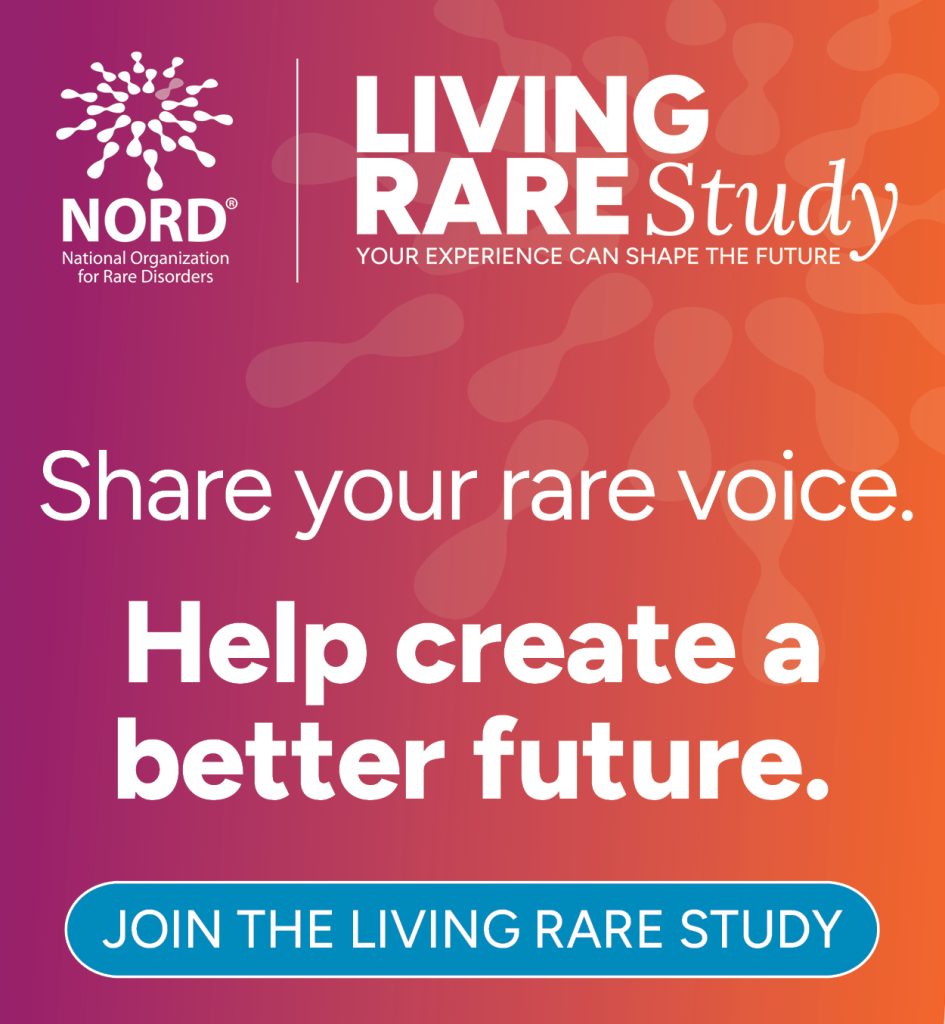NIH/National Institute of Child Health and Human Development
About NIH/National Institute of Child Health and Human Development
The mission of the National Institute of Child Health and Human Development NICHD is to ensure that every person is born healthy and wanted, that women suffer no harmful effects from reproductive processes, and that all children have the chance to achieve their full potential for healthy and productive lives, free from disease or disability, and to ensure the health, productivity, independence, and well-being of all people through optimal rehabilitation.
Related Rare Diseases:
- Amniotic Fluid Embolism
- PHACE Syndrome
- Sudden Unexplained Death in Childhood
- Pontocerebellar Hypoplasia
- Lysosomal Storage Disorders
- Rabson-Mendenhall Syndrome
- Neonatal Lupus
- Weismann-Netter-Stuhl Syndrome
- KBG Syndrome
- Rosenberg Chutorian Syndrome
- Hermansky Pudlak Syndrome
- Pentalogy of Cantrell
- LADD syndrome
- Dyggve Melchior Clausen syndrome
- Growth Hormone Deficiency
- Kallmann Syndrome
- Bronchopulmonary Dysplasia
- Holoprosencephaly
- Amniotic Band Syndrome
- ESCO2 Spectrum Disorder
- Meckel Syndrome
- Anencephaly
- Fragile X Syndrome
- Diastrophic Dysplasia
- Ocular Albinism
- Angelman Syndrome
- Leprechaunism
- TORCH Syndrome
- Williams Syndrome
- Antley-Bixler Syndrome
- Sudden Infant Death Syndrome
- Pertussis
- McCune-Albright Syndrome
- Coffin-Siris Syndrome
- Turner Syndrome
- Congenital Adrenal Hyperplasia
- Phenylketonuria
- Cerebral Palsy
- Oculocutaneous Albinism
- Osteogenesis Imperfecta
- Prader-Willi Syndrome
- Síndrome de Angelman
- Síndrome de Hermansky Pudlak
- Síndrome de Turner
- Síndrome de Prader-Willi
- Trastorno del espectro ESCO2
- Síndrome de Coffin Siris
- Ocular Albinism with Late Onset Sensorineural Deafness
- Síndrome de Williams
- Osteogénesis imperfecta





